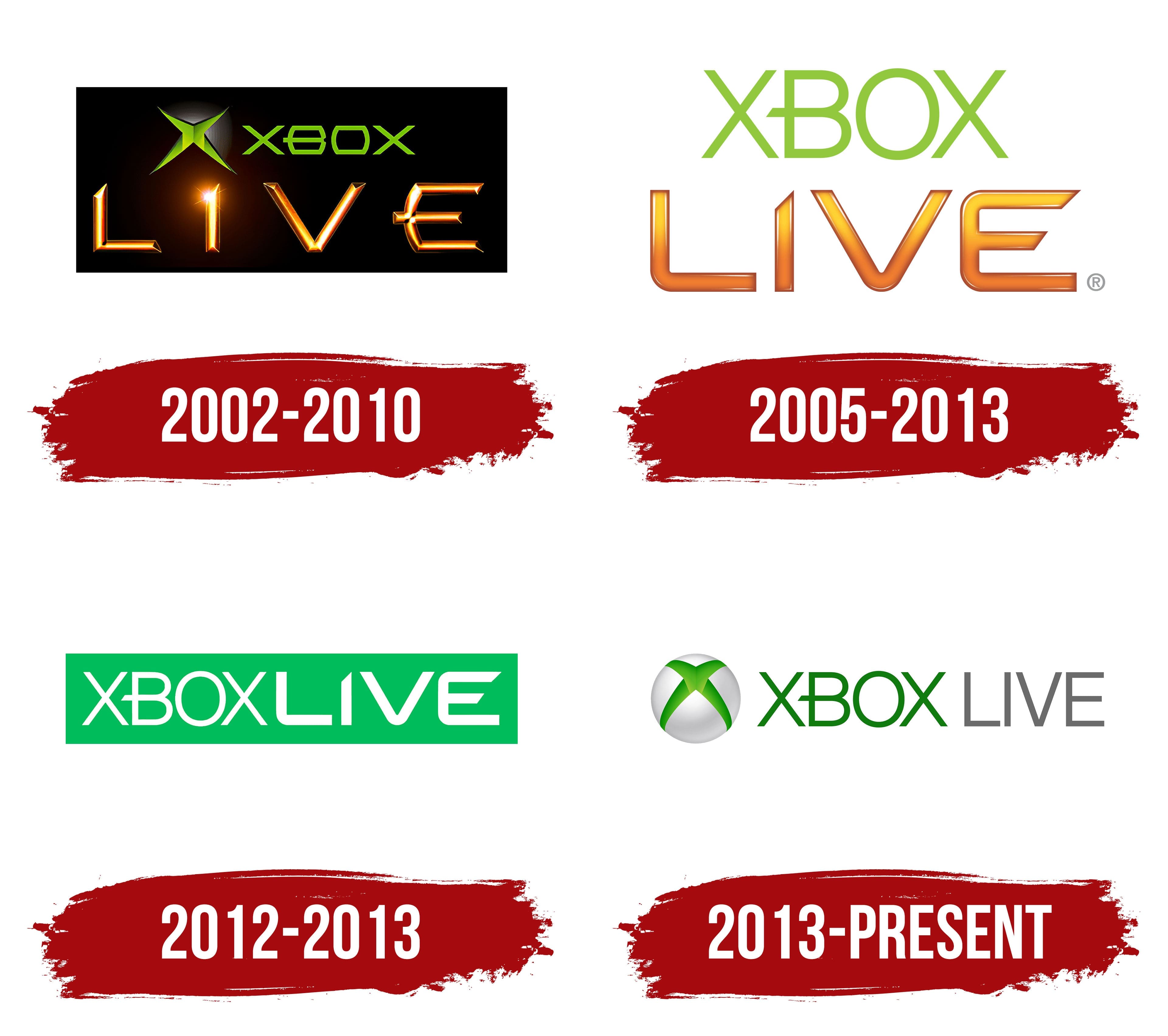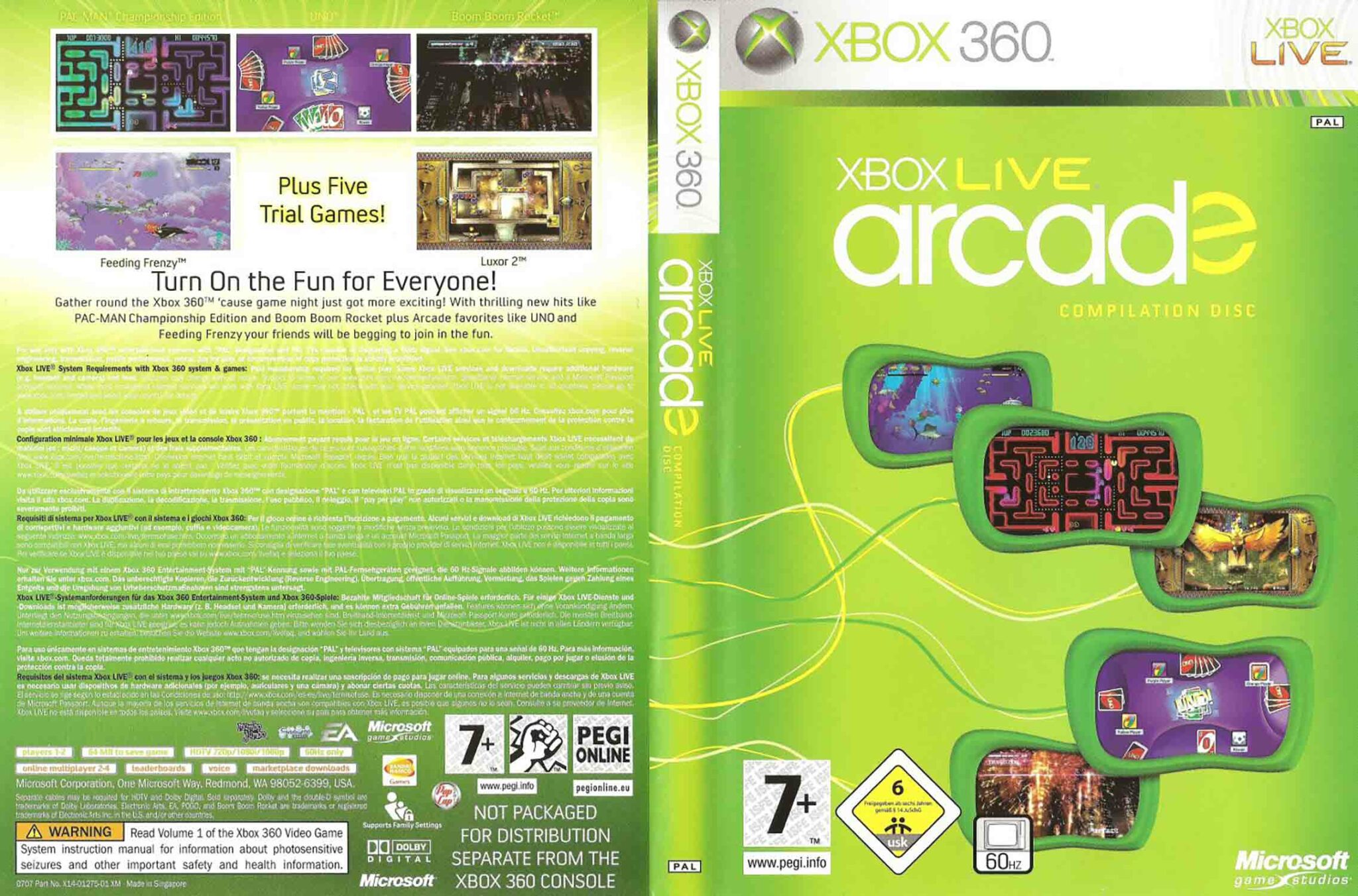Xbox Live, a cornerstone of Microsoft’s gaming empire, has profoundly shaped the interactive entertainment landscape. From its humble beginnings as a pioneering online gaming service, it has evolved into a multifaceted platform boasting millions of users worldwide. This exploration delves into Xbox Live’s rich history, examining its transformative impact on the gaming industry, its innovative features, and its vibrant online community.
This in-depth analysis covers the service’s evolution, encompassing its technological underpinnings, its diverse subscription tiers, and the social dynamics within its expansive community. We’ll also speculate on the future of Xbox Live, considering both its potential challenges and opportunities in an increasingly competitive market.
The Evolution of Xbox Live: A Look Back and Forward
Xbox Live, Microsoft’s online gaming service, has fundamentally reshaped the gaming landscape since its inception. From its humble beginnings as a relatively simple online multiplayer platform, it has evolved into a multifaceted ecosystem encompassing online gaming, social interaction, media streaming, and more. This exploration delves into the history, features, community, technical aspects, and future potential of this influential service.
A History of Xbox Live

Source: logos-world.net
Launched in 2002 alongside the original Xbox, Xbox Live initially offered a limited set of features compared to its current iteration. Early functionalities primarily focused on online multiplayer gaming with limited voice chat capabilities. The service quickly gained traction, showcasing the growing demand for online interaction in gaming. Over the years, significant updates transformed Xbox Live, adding features such as improved voice chat, party systems, downloadable content, achievements, and friends lists.
The introduction of Xbox Live Arcade (XBLA) in 2005 broadened the scope beyond just console games, offering a platform for independent developers and a wider variety of digital titles. The transition to Xbox 360 brought significant improvements in network infrastructure and user experience, enabling smoother online gameplay and more robust social features. Xbox One further refined the service with features like cloud saves, backward compatibility, and integration with other Microsoft services.
Xbox Live, Microsoft’s online gaming service, has long been a battleground for competition, but a recent report suggests a new kind of challenge. The complexities of navigating online interactions sometimes feel like negotiating a Minefield , requiring players to carefully consider their every move to avoid unintended consequences. This highlights the ongoing need for improved online safety measures within the Xbox Live ecosystem.
The current Xbox Series X|S iteration builds upon this legacy, leveraging improved network technology and cloud computing to deliver enhanced performance and a seamless gaming experience.
Xbox Live Services and Features
Xbox Live offers a core set of services designed to enhance the gaming experience. Online multiplayer gaming remains a cornerstone, allowing users to compete or cooperate with others worldwide. Party chat facilitates seamless communication between players, while game downloads provide access to a vast library of titles. These core services are complemented by various subscription tiers, offering different levels of access and benefits.
| Tier Name | Price | Features | Benefits |
|---|---|---|---|
| Xbox Live Gold | Varies by region and subscription length | Online multiplayer, free games, discounts | Access to online multiplayer for supported games, monthly free games, exclusive deals on games and content. |
| Xbox Game Pass | Varies by region and subscription type (Console, PC, Ultimate) | Library of games, EA Play, online multiplayer (with Gold) | Access to a constantly rotating library of games, including many day-one releases, EA Play membership (in Ultimate), and online multiplayer capabilities (requires Xbox Live Gold). |
| Xbox Game Pass Ultimate | Varies by region and subscription length | Xbox Game Pass, Xbox Live Gold, EA Play, Cloud Gaming | Combines all benefits of Xbox Game Pass and Xbox Live Gold, plus access to cloud gaming and EA Play. |
Successful features like achievements have incentivized gameplay and fostered competition, while features like the original party system, while functional, faced criticism for its limitations in early iterations. Key differentiators for Xbox Live include its deep integration with the Xbox ecosystem, its extensive game library, and its robust community features.
Xbox Live Community and Culture
Xbox Live has fostered a diverse and vibrant online community. Groups have formed around specific games, genres, or shared interests, creating a sense of belonging and shared experience. Online interactions range from friendly collaborations to intense rivalries, reflecting the diverse personalities and motivations of its users. The community’s social dynamics are shaped by factors such as in-game communication, shared achievements, and the overall platform culture.
For example, consider a scenario where two teams compete in a highly competitive online game. Positive interactions could involve respectful communication, strategic teamwork, and mutual congratulations after a match, even in defeat. Negative interactions, on the other hand, might include toxic language, griefing, and disruptive behavior, negatively impacting the experience for other players. Effective moderation and community management are crucial for maintaining a positive and inclusive environment, employing tools like reporting systems, automated filters, and human moderators to address inappropriate behavior.
Technical Aspects of Xbox Live

Source: bazarovehry.cz
Xbox Live’s underlying infrastructure is a complex network of servers, data centers, and communication protocols designed to support millions of concurrent users. The network architecture employs advanced technologies to ensure low latency, high bandwidth, and robust security. Data management involves sophisticated systems for handling user profiles, game data, and other information. The service incorporates various measures to mitigate security threats, including encryption, authentication, and intrusion detection systems.
Over time, Xbox Live has seen significant technological advancements, transitioning from relatively simple architectures to highly sophisticated systems leveraging cloud computing and advanced network technologies.
Impact and Future of Xbox Live
Xbox Live has had a significant economic impact on both Microsoft and the gaming industry as a whole. Subscription revenue and digital sales have become major revenue streams for Microsoft, demonstrating the financial success of the service. Predictions for the future of Xbox Live suggest a continued focus on cloud gaming, cross-platform play, and further integration with other Microsoft services.
Potential challenges include maintaining a positive community environment, addressing security threats, and competing with other online gaming platforms. A hypothetical future vision for Xbox Live might include enhanced AI-powered features, personalized game recommendations, and more seamless integration with virtual reality and augmented reality technologies, potentially even integrating with the metaverse.
Final Thoughts
Xbox Live’s journey, from a revolutionary concept to a dominant force in online gaming, is a testament to its adaptability and enduring appeal. While challenges remain in maintaining a positive online environment and adapting to technological advancements, Xbox Live’s future appears bright, promising continued innovation and an ever-evolving experience for its loyal community of players. Its impact on the gaming industry is undeniable, leaving an indelible mark on how we connect, compete, and play together.
